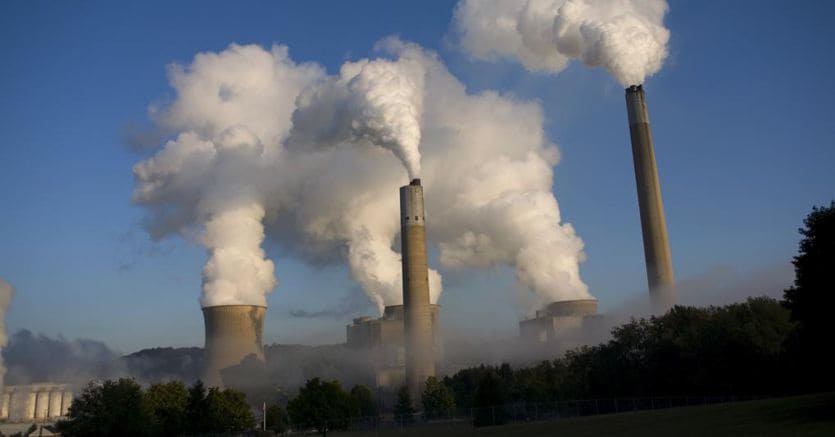Listen to the audio version of the article
«If we do not adequately manage the green transition and decarbonisation, favoring a path that is not only environmentally sustainable, but also from an economic and social point of view, we risk putting at risk a million jobs in the sectors that produce energy (downstream and upstream) and energy-intensive industries. Everyone must be given the opportunity to remain competitive by ensuring energy supplies at affordable costs”. Giuseppe Ricci, past president of Confindustria Energia, goes straight to the heart of the issues as a profound connoisseur of the sector he entered, through the “door” of refining, as manager of Eni in 1985 to then assume roles of increasing responsibility up to today that of general manager Energy Evolution of the group. He has recently officially handed over the baton to Guido Brusco, Eni’s General Manager Natural Resources, after two terms at the helm of the federation.
Let’s start with the new Pniec that the ministry is finalizing and then send it to Brussels. What judgment do you give?
Based on the first rumors, it can be seen that this new Plan, compared to the old 2019 strategy, tends to achieve as much as possible the 2030 objectives set by the EU Fit for 55 package, but, at the same time, highlights the extreme difficulty to hit them and the excessive optimism that was in the old Pniec. That milestone is only 7 years away and the new Plan seems to favor a more realistic approach, which does not only consider the environmental dimension of the transition, but also the economic and social one, together with the profiles linked to energy security. This choice appears in line with the observations that, as an association, we have provided to the ministry on the document, contributing to its update.
What are the most critical fronts?
For us there is above all an upstream issue because Europe, with its decarbonization policies, follows an approach that sees everyone on the same level. And, instead, there are structural differences from country to country, it cannot be said that a solution is good for any context. Because it is clear that, for example on renewables, a wind farm in the North Sea is not comparable with a solar plant in the Po Valley. With notable differences in terms of efficiency and therefore of contribution to the downstream supply chains.
As a federation you have raised many critical observations on the targets asked of the non-ETS sectors (civil, transport and agriculture and services) in terms of cutting emissions. What doesn’t convince you about that path?
We do not question the overall reduction target. Indeed, we have implemented the increasingly challenging European objectives, but we have doubts about some of the sub-objectives. In particular, the decarbonisation target of non-ETS sectors, which sets a 43.7% cut in emissions by 2030 compared to 2005 levels, is very critical. Pushing those targets means, for example, excessively accelerating the efficiency of buildings with the risk of new brawls such as those triggered by the superbonus and without it being clear how many millions of tons of CO2 we have reduced. For this reason, we have suggested focusing on all low carbon solutions, always bearing in mind that if one solution does not allow us to keep pace, the others can make up for it.
You often return to Europe. What is missing now in Brussels?
There is a lack of a non-ideological approach that is able to evaluate all available technologies in a neutral way. It’s fine to promote the electric, but don’t consider it the solution to all ills. Especially if there are other technologies, from biofuels to blue hydrogen (i.e. produced from fossils in combination with carbon capture and storage, ed), to processes for the valorisation of waste and waste or Ccs, which are complementary to electric and for certain less expensive applications.
